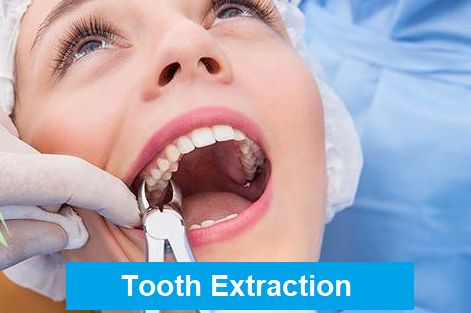Third molars, known as wisdom teeth, do not always come through properly once they choose to appear. It’s sensible to get an assessment from your dentist on whether to get wisdom teeth pulled before they get impacted, which causes discomfort and pain, inflammation, infections, and possible cavities or gum disease.
Table of Contents
Why Wisdom Teeth don’t grow incorrectly
There has been a decrease in the dimensions of the human jaw throughout the span of human evolution, nonetheless, we still have exactly the same number of teeth. The alteration in the jaw size of modern-day people comes from the discovery and utilization of fire for preparing meals, and the use of crude tools, like blades, to handle food. These improvements not only improved the cooking skills and the diet of people, they considerably lightened the work that had to be done by the jaw. Therefore, as the requirement of a powerful jaw disappeared, the jaw then grew smaller, while the teeth became crowded, and the room needed for the appropriate development of the wisdom teeth vanished. The wisdom teeth make their appearance in young adults between 15-25 years of age, but the modern-day, human mouth is simply too small for them.

What is“impacted”?
When the wisdom teeth do not have enough area to develop or they haven’t come into their final position, usually by 25 years of age, they are said to be impacted, which means nowhere grow or go. Wisdom teeth impaction is considered to be the most widespread medical developmental ailment. A complete set of healthy teeth does not usually allow much space for wisdom teeth to come through.
Wisdom teeth that are partially erupted are excellent breeding areas for germs and bacteria, potentially leading to illness. Besides the potential for jaw discomfort and gum disease, impacted wisdom teeth are excellent areas for the development of tumors and cysts. Luckily, not everyone has trouble with their wisdom teeth.
Use of Antibiotics
Antibiotics just soothe the area of the infected wisdom teeth and are a short-term remedy. If an individual has utilized a wide array of antibiotics, the illness can be resistant to such medicine and it doesn’t solve the root of the problem–the tooth does not have enough room in the mouth.
Extraction of Wisdom Teeth
It isn’t smart to hold back until you feel the pain to handle the wisdom teeth. Early treatment or removal, on the advice of your dentist, is typically suggested to prevent issues, such as impacted teeth that can destroy the second molar. Also, people under the age of 16 heal easier. Kids should be evaluated at an early age by their dentist who is able to keep track of 3rd molar development with the assistance of X-rays. 2nd molars ought to be visible to decrease the possibility of causing harm to them during surgery. This happens at around 11 or 12 years of age, therefore, teeth ought to be removed as soon as it has been found they can’t emerge into an appropriate position.
What if there are no symptoms?
People who have signs and symptoms of impaction, such as discomfort, inflammation, and infection, need to have their teeth taken out right away. Nevertheless, those with no signs or symptoms can avoid the possibility of eventually experiencing pain from wisdom teeth or have better orthodontic therapy outcomes by having them extracted. A wisdom tooth that is symptomatic, additionally, ought to be extracted to lessen the possibility of unexplained pain and discomfort, to help prosthetic devices, or to lessen the chance of cavities, periodontal disease, bone shrinking, or development of tumors.
Extraction Procedure
Surgical treatment for an impacted wisdom tooth is comprised of removing gum tissue that is over the tooth, gently removing connective tissue from the wisdom tooth and connected bone, then taking out the tooth and stitching the gum closed.
